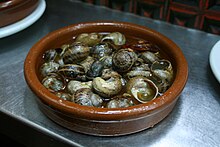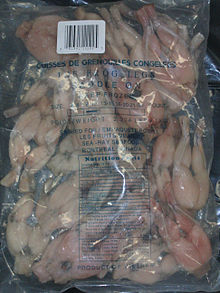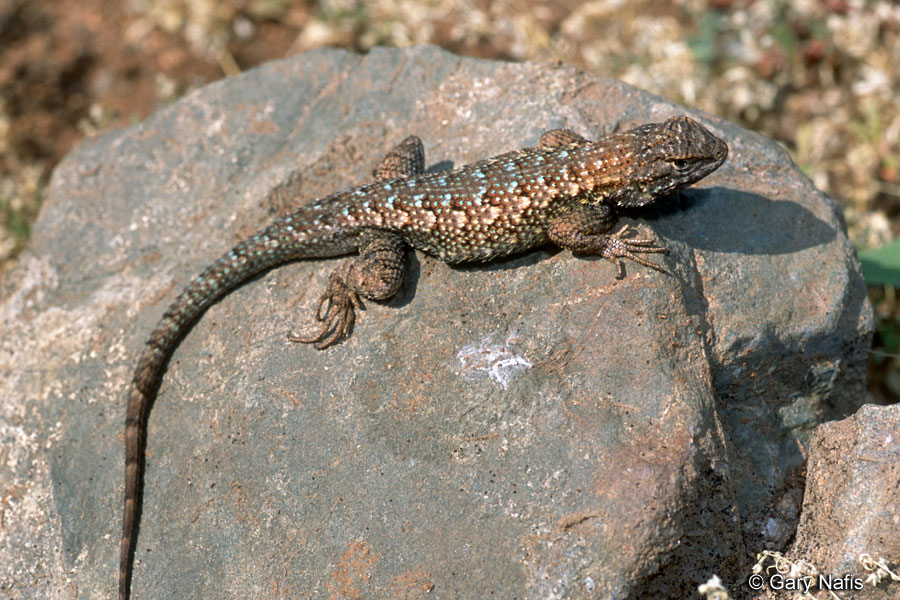![]() – What did she say? – Not to put too fine a point on it, she said you sexually harassed her.
This expression means 'used to apologise for a possibly impolite statement one is making.' But why does this sequence of words mean that? What does mean to put a point on something? And then how is a...
– What did she say? – Not to put too fine a point on it, she said you sexually harassed her.
This expression means 'used to apologise for a possibly impolite statement one is making.' But why does this sequence of words mean that? What does mean to put a point on something? And then how is a...
Anonymous
Anonymous
Anonymous
user116848
user116848
Anonymous
Anonymous
Anonymous
Anonymous
Anonymous
Anonymous
Anonymous
Anonymous
Anonymous
Anonymous
user116848
user116848
user116848
user116848
user116848
user116848
user116848
Anonymous
Anonymous
Anonymous
user116848
Anonymous
Anonymous
Anonymous
Anonymous
Anonymous
Anonymous
Anonymous
Anonymous
Anonymous
user116848
Anonymous
user116848
Anonymous
Anonymous
user116848
Anonymous
Anonymous
Anonymous
Anonymous
user116848
Anonymous
Anonymous
Anonymous
Anonymous
user116848
Anonymous
Anonymous
Anonymous
user116848
Anonymous
Anonymous
Anonymous
user116848
Anonymous
Anonymous
Anonymous
Anonymous
user116848
Anonymous
Anonymous
Anonymous
user116848
Anonymous
Anonymous
Anonymous
Anonymous
Anonymous
Anonymous
Anonymous
Anonymous
Anonymous
Anonymous
Anonymous
user116848
Anonymous
Anonymous
Anonymous
user116848
user116848
Anonymous
Anonymous
Anonymous
Anonymous
Anonymous
Anonymous
Anonymous
Anonymous
Anonymous
Anonymous
Anonymous
Anonymous
Anonymous
Anonymous
Anonymous
Anonymous
Anonymous
Anonymous
Anonymous
Anonymous
Anonymous
Anonymous
Anonymous
Anonymous
Anonymous
Anonymous
Anonymous
Anonymous
Anonymous
Anonymous
Anonymous
Anonymous
Anonymous
Anonymous
Anonymous
Anonymous
Anonymous
Anonymous
Anonymous
Anonymous
Anonymous
Anonymous
Anonymous
Anonymous
Anonymous
Anonymous
Anonymous
Anonymous
Anonymous
Anonymous
Anonymous
Anonymous
Anonymous
Anonymous
Anonymous
Anonymous
Anonymous
Anonymous
Anonymous
Anonymous
Anonymous
Anonymous
Anonymous
Anonymous
Anonymous
Anonymous
Anonymous
Anonymous
Anonymous
Anonymous
Anonymous
Anonymous
Anonymous
Anonymous
Anonymous
Anonymous
Anonymous
Anonymous
Anonymous
Anonymous
Anonymous
Anonymous
Anonymous
Anonymous
Anonymous
Anonymous
Anonymous
Anonymous
Anonymous
Anonymous
Anonymous
Anonymous
Anonymous
Anonymous
Anonymous
Anonymous
Anonymous
Anonymous
Anonymous
Anonymous
Anonymous
Anonymous
Anonymous
Anonymous
Anonymous
Anonymous
Anonymous
Anonymous
Anonymous
Anonymous
Anonymous











